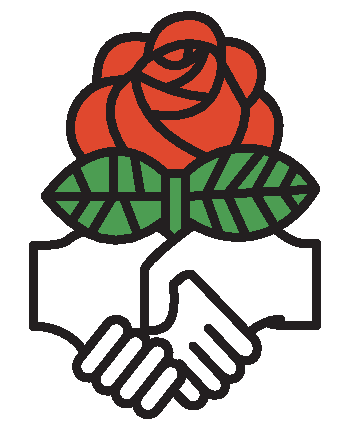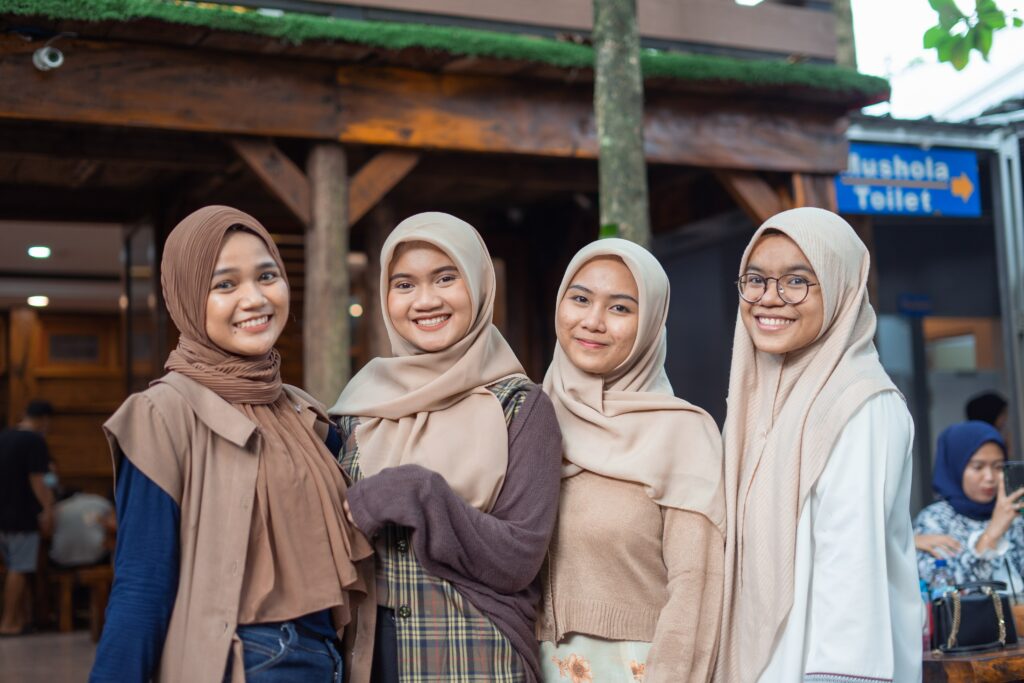Equality in the New Millenium
XVI Conference, New York, United Nations, 6-7 September 1996
Resolution
Socialist International Women recognises that the most significant phenomenon of our century is the women’s movement, which has radically changed social and interpersonal relationships and cultures, introducing a real and lasting revolution by peaceful means.
Women have imposed themselves as a new political force through constant networking, pursuing a policy of solidarity and introducing new issues onto the world’s political agenda.
Women are called upon to face the new challenges of our time:
- the globalisation of the economy and trade;
- the widening gap between growth and democracy;
- the widening economic gap between the haves and have nots; and growing poverty;
- the increasing and fast development of new technologies;
- the contradictions in the promotion of real sustainable and human-centred development;
- the unregulated policies of structural adjustment and the general crisis of the welfare state.
Women also have to face the problems of the reemergence of nationalism, fundamentalism, and ethnic rivalries and conflicts.
None of the challenges of this epoch can be faced and solved without the participation of women, the contribution of their ideas, and without recognising the gender dimension.
SIW strongly supports the recommendations of the UN Fourth World Conference on Women for a policy of empowerment of women, because the full participation of women in decision-making is fundamental not only for achieving true democracy, but also in order to face the challenges of the new millennium.
The advancement of women is an essential issue for the harmonious flourishing of society. The advancement of the status of women cannot be conceived of without peace, without tolerance, the necessary conditions to build upon, for the development of the human race, for economic and social development. The resolution of women’s problems therefore has a fundamentally political origin and depends on a political will which can only be made concrete through the effects of laws and the great dialogue of civilisations.
The UN World Conferences on Human Rights in Vienna (1993), Population and Development in Cairo (1994), the Social Summit in Copenhagen and the Fourth World Conference on Women in Beijing (1995) recognised and reaffirmed that “women’s rights are human rights” and that they are an inalienable, integral and indivisible part of universal human rights. However, a large gap still exists between the recognition of these rights, and their effective enjoyment by women.
SIW calls on all governments to actively promote and protect women’s human rights. SIW also calls for universal ratification of the UN Convention on the Elimination of All Forms of Discrimination Against Women by the year 2000 and strongly supports the drafting of the Optional Protocol to the convention. SIW also calls for ratification of other international conventions concerning civil and political rights, such as the Convention against Torture, the Convention for the Prevention of War Crime and Crimes against Humanity and social rights under the Conventions of the International Labour Organisation (ILO) that protect all workers.
In many societies women suffer great difficulty in securing their human rights. They are often victims of violence, sexual abuse and rape, particularly in armed conflicts. Sexual exploitation often becomes a real kind of slavery. The widespread advance of AIDS today sees women increasingly affected. More generally, women are not always ensured proper education and training, health care and adequate information about sexual and reproductive rights. Women are particularly affected by growing unemployment and a lack of sufficient economic resources which makes their living conditions and those of their children worse. SIW reiterates its political commitment to combat any kind of violation of human rights of women.
Childrenare the most vulnerable human beings and therefore child oppression needs special attention. Millions of children across the world are exploited in work. Child labour is becoming a global problem and at the same time an important part of many economies. We have to commit ourselves to securing a sound education and a safe future for our children.
In particular, SIW shares the concern of the UN Fourth World Conference on Women that the position and rights of the girl child should be protected and ensured. Steps have to be taken to secure the reproductive health of girls through counselling and access to sexual and reproductive health information. Efforts must be made to abolish female genital mutilation, female infanticide and prenatal sex selection.
Any kind of sexual abuse or exploitation ofchildren and minors must be firmly prevented. At an international level, legal and political cooperation must be introduced to ensure their safety.
SIW urges all SI member parties, women’s organisations and organisations working for human rights to press governments and parliaments to adopt strict legislation against trafficking in women, children and minors for prostitution and child-pornography.
SIW also emphasises the importance of amending laws to make the possession of child-pornography illegal. SI member parties should take initiatives for such legislation as a matter of urgency.
SIW also demands that INTERPOL develops more efficient means to stop the trafficking in women, children and minors. All cases must be investigated thoroughly and international trafficking networks must be revealed.
The emergence of neoliberalism has reinforced the subordinate status of women especially in developing countries and countries in transition. It has facilitated the rapid increase in numbers of migrant, flexible, informal and child labour which are largely unprotected by economic and labour laws and policies. These workers in many countries are mostly women and girls – exploited by capitalists who reap huge profits from their very cheap labour.
In many developing countries, the feminisation of child labour is a reality. The gender-blind term ‘child labour’ misleads people into assuming that the situation for all child workers is the same. In reality, it affects girl-child workers more heavily and negatively. Added to their work, patriarchal biases also expect girls to be more involved in house and family work than boys. Thus, girls are generally more burdened with work than boys. The worst form of child labour is in the sex industry, which subjects children (often girls) not only to sexual exploitation but in many instances they also become victims of physical violence, rape and even murder. The feminisation of child labour therefore cannot be ignored.
Children being the most vulnerable need special attention. Millions of children are exploited as child workers. While child labour is becoming a global problem, it is also an important contributor to many economies: for families in abject poverty, their means of survival. Child labour is a complex issue that requires a comprehensive approach. It cannot be divorced from the socio-economic and political conditions that facilitate its growth. Much care should be taken in addressing this and focus needs to be placed on the situation of girl-child workers.
We have to commit ourselves to securing a sound education and a safe future for our children. Child labour does not only rob children of their childhood. In many cases it robs them of their future. Consequently, our own future.
Our aim is gender democracy. This aim must be achieved in society, but it must also be fulfilled in our respective parties. Parties which do not democratise the gender ratio within their own ranks are not truly democratic. SIW, inspired by previous SI resolutions, demands that SI member parties increase to 50 per cent women’s representation in decision-making bodies.

